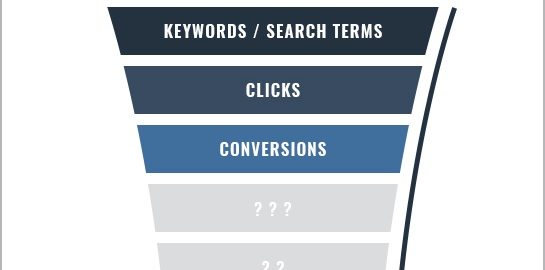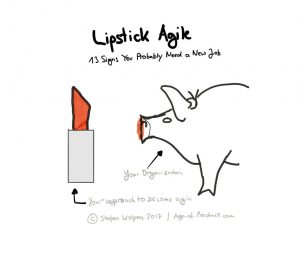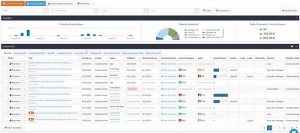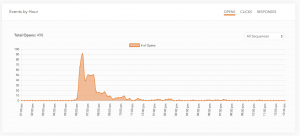Pay per Click (PPC) advertising has been around for almost 20 years and PPC Agencies have been managing client’s accounts since before Google AdWords launched in October of 2000. Search Engine Marketing continues to evolve and it appears PPC Managers are becoming better and better at managing their accounts in order to get better returns on their client’s ad spend. But are they really?
What Defines Success for a Traditional B2B PPC Agency?
In order to define success for a traditional B2B PPC Agency, we must first look at the definition of Return on Ad Spend (ROAS): According to Bigcommerce.com, “Return On Advertising Spend, is a marketing metric that measures the efficacy of a digital advertising campaign. ROAS helps online businesses evaluate which methods are working and how they can improve future advertising efforts.”
This is easy to figure out for B2C or eCommerce sites where one can tell the exact amount of revenue that is generated and divide that by the ad spend, but it’s not so easy in the B2B world where the sales cycle could be days, weeks or months. So again, what defines success for a traditional B2B PPC Agency? Most Account Managers would say that the end goal is Conversions and all of the metrics that fall under that umbrella, including a high conversion rate and low cost per conversion. Historically, if a PPC Agency is getting their clients a lot of conversions and the cost per conversion is relatively low, they are viewed as being successful.

What Defines Success for a Salesforce-Focused PPC Agency?
While a Conversion (usually a web form submission) is the end goal for a Traditional PPC Agency, it is just the beginning for a Salesforce-Focused PPC Agency like ClosedOpp.
Once a conversion occurs from PPC, that’s where the story begins. Using Salesforce data, that conversion becomes qualified or disqualified — not every conversion is a success. People may enter false or incomplete data or the conversion is simply not a good fit for the business and becomes disqualified. However, qualified conversions become Leads in Salesforce and if those leads make it to the next stage in the pipeline, they become Opportunities. Anyone who knows Salesforce understands that a B2B Sales rep wants a lot of qualified leads which they can turn into Opportunities and ultimately Closed Deals.

Why is this important?
When calculating ROAS, a Traditional PPC Agency is often at a disadvantage because they can only accurately track data from the point of Search Term cost to Conversion. What happens after that conversion may be a mystery or have incomplete data in terms of the amount of revenue generated.
Integrating Salesforce and AdWords, through Bizible, allows companies to track the exact revenue generated and tie it all the way back to the exact search term that the user initially typed in, as well as the exact ad copy that they clicked. This level of data is instrumental to a PPC Campaign Manager as it helps show that not all conversions are equal. Terms that convert at a high volume and high conversion rate (successful to a traditional agency) do not always turn into leads and revenue. Other times, terms that are more expensive in terms of cost per conversion will become leads, opportunities and closed deals at a much higher rate. Full-funnel PPC Agencies like ClosedOpp, paired with Bizible, take the guessing out of the game and are able to determine the true ROAS by showing Revenue-Based Reporting instead of Conversion-Based Reporting.

How does a Full-Funnel PPC Agency Manage Accounts Differently than a Traditional PPC Agency?
The answer is simple. Using Bizible to connect the AdWords data with Salesforce, they are able to measure their success several layers deeper down the funnel than a traditional agency whose goal is to simply get more conversions. A lot of times conversions don’t even make it into the top of the funnel as they are disqualified before they get there. Instead of seeing which search terms and ad copies drive conversions, and managing the PPC spend accordingly, revenue-based reporting shows which search terms and ad copies drive revenue.
Managing your PPC Spend based on which search terms and ads turn into closed deals is a much more effective way to improve your ROAS and your business.
Digital & Social Articles on Business 2 Community
(30)








